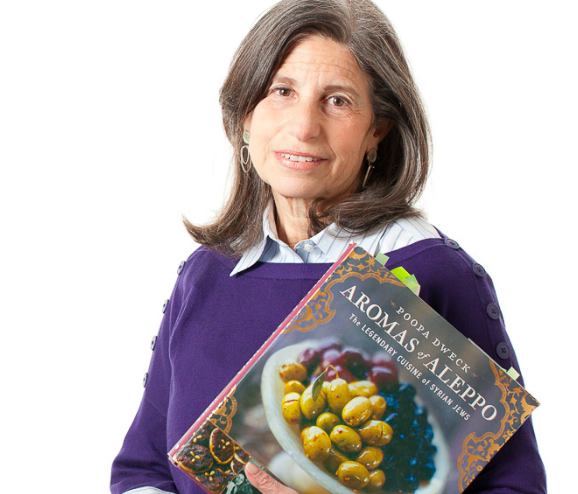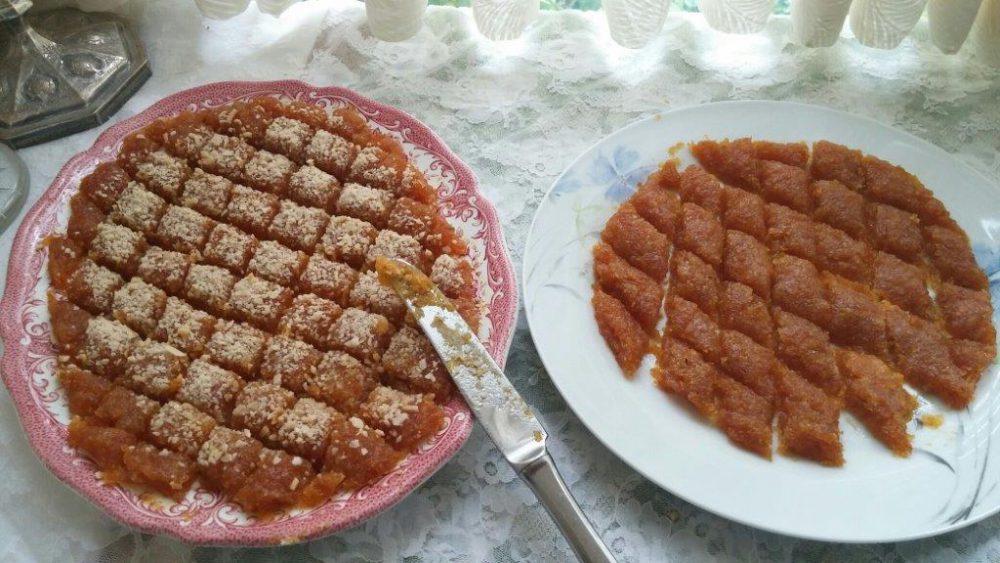
Norma Joseph
Group member
Professor, Religion
I explore ethnic and religious community foodways as a means of locating communal identity, ritual practices, and social relationships.
My particular focus is a small community of Iraqi Jews in Montreal.
Beginning in the 1950’s over three hundred Jewish families from Iraq found their way to Montreal, Canada. This group of educated, mostly prosperous, English speaking immigrants managed to integrate quite smoothly into the socio-economic structure of Quebec. They also managed to maintain a very strong and coherent communal definition. Amidst an overwhelming Ashkenazi Jewish community and a growing Moroccan one, their struggle to maintain a unique Jewish identity raises many issues and locates diverse tactics.
My current work focuses on culinary and commensal practices as vehicles of ethnic distinction, continuity and innovation.
Arrival in Montreal created problems of isolation and assimilation. In their attempts to sustain and reconstruct their family patterns in a new country, Iraqi food became a central element of interaction, expertise and identity. New family traditions were slowly established such as Friday night Sabbath family dinners replacing the Baghdadi Saturday afternoon meal. Communal coherence shifted to informal dinners and ceremonial festivities. The people formed the Community of Babylonian Jews and associated with an Orthodox synagogue. Though no longer necessarily practicing all the rituals of their past, they were devoted to continuity and preservation. They were proud of their Iraqi heritage and customs but were struggling to find a new world pattern that would help them sustain their distinctiveness.
Food retained its place in their patterns of socialization and innovations aided the retention of a heritage.
Investigating the lives of Iraqi Jewish women in Montreal, led me to food as it appeared to be a uniquely suitable access to their experiences in Baghdad as well as in Canada. After a number of years, numerous interviews, group discussions, and ceremonial feasts, the study indicated that the men and women relate to each other, to their environment, and to their traditions via food. Surpassing stereotypical images, I found that while women are the primary food givers, Iraqi men were also involved in food preparation in their new home. For me food study became a principal site for the interrogation of the continuity and transformation of an immigrant community.
Food is not merely what you do while you are celebrating or worshiping. It is at the ritual core of our ceremonies, even of our religious and national traditions. Food defines and reflects much of a community’s self-understanding and experience.

This is a picture with recipe of an Iraqi favoured desert known as orange Luzina.
Her food-related publications include:
This new chapter on Iraqi food to be published by MQUP
Edited volumes
(2002) Guest editor. Special edition of Nashim, “Feeding an Identity: Gender, Food, and Survival.” Vol. 5, Summer. R
Chapters in books, encyclopedia articles, journal articles
(forthcoming) “Cookbooks are our Texts: reading an immigrant community through their cookbooks.” Ann Valleley, editor, special edition on food in Religious Studies and Theology.
(forthcoming) “Food, Gift, Women Gift-Givers: A Taste of Jewishness.” Women and the Gift: Volume 1 and 2. Ed. Morny Joy. (Springer ) 2016.
(forthcoming) “T’beet: Situating Iraqi Jewish Identity through Food.” McGill-Queens University Press, Religious Lives and Landscapes in Quebec, editor, Hillary Kael. 2016.
(2013) “Embodied Religion, Embodied Teaching: Team Teaching “Food and Religion.”” Religious Studies News, AAR. Editor, Sarah Levine. Available on-line [Norma Baumel Joseph and Leslie C. Orr].
(2011) “From Baghdad to Montreal: Food, Gender & Identity.” Migration, Communication & Home: Jewish Tradition, Change & Gender in a Global World. Ed. Tanya Reyton-Marinchesshka. Sofia: LIK Publishing House. 92–104.
(2009) “Food for the Body and Soul: Women’s Blessings.” Blessings. Ed. Loren Lerner. Canadian Jewish Studies Chapbook Series, No. 5. Montreal: Institute for Canadian Jewish Studies. 53–58.
In preparation
(2016) “Sambusak Sundays: Iraqi Jewish Women in Montreal,” in Religion and Women in Diaspora: Canadian Experiences, Edited by Sailaja Krishnamurti, Becky Lee, Terry Tak-ling Woo .
Documentary presentations (film and DVD)
(2012) Ashtideq!, a film collage of interviews of Iraqi Jewish families and their food practices. SSHRC research product (Norma Joseph primary researcher and interviewer).

